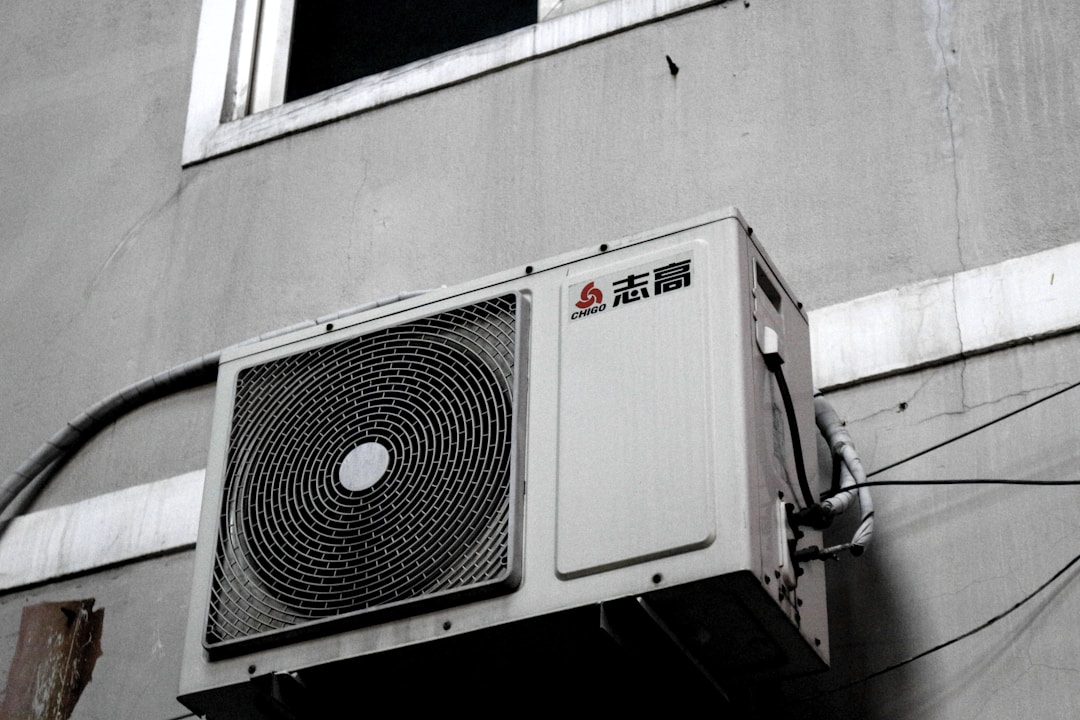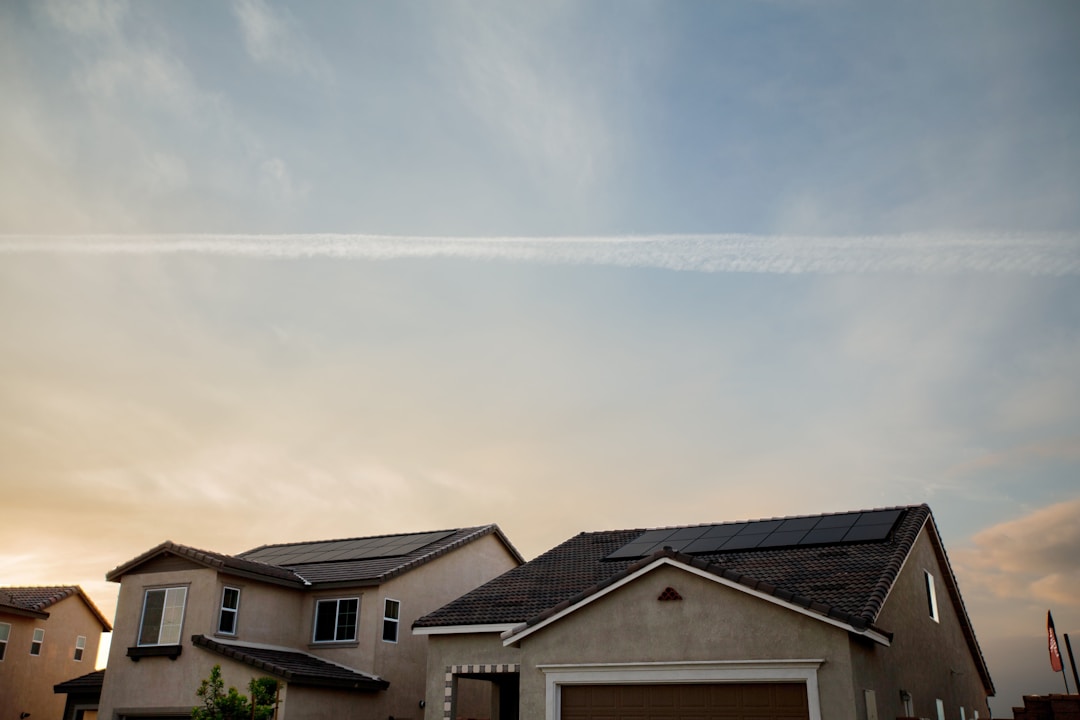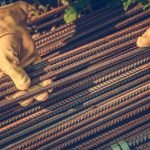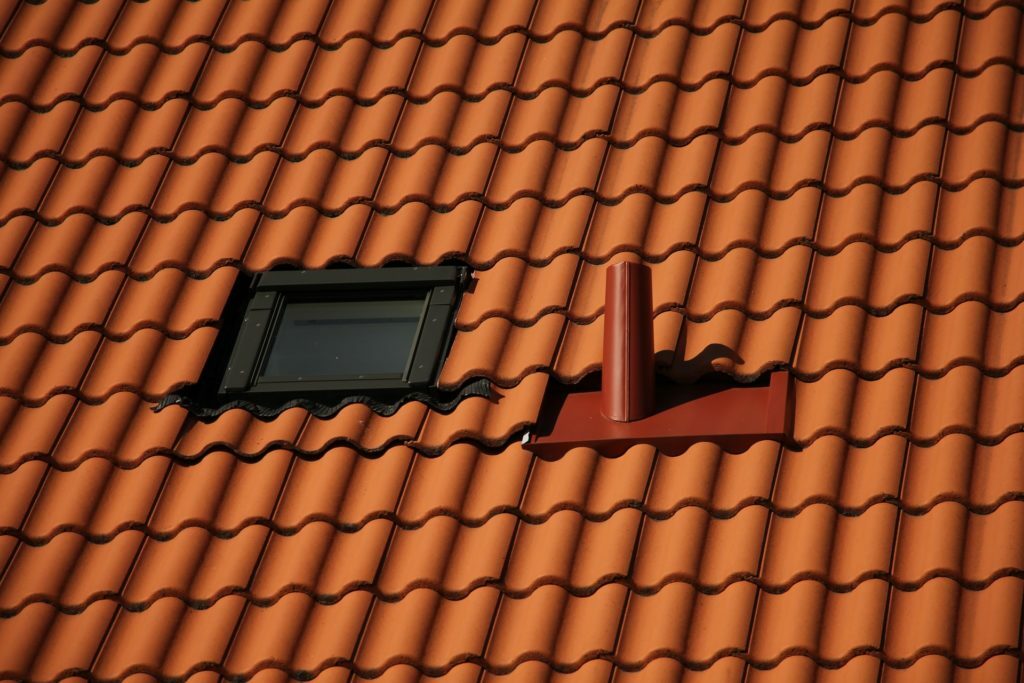Your home is probably one of the biggest investments that you will make. If you are like most of us, your mortgage is the largest financial commitment that you have. Since we invest so much money into our homes, we must take care of them. Just like most things, your home requires routine maintenance and care over time to keep it in good condition. More than just cleaning the house and changing lightbulbs, several things require occasional attention but are easily overlooked.
If you fail to take care of your home’s maintenance needs, it could cost you a lot more in the long run. Things such as your roof, HVAC system, and foundation will require your attention from time to time. Aside from the repair cost, things like your utility bills could also be impacted without proper maintenance. Like the way your automobile requires comprehensive car care services such as oil and lube treatments, your home requires attention to remain in good condition. The maintenance needs of your home are things that shouldn’t be overlooked. Let’s take a look at why preventative maintenance can save you big bucks.
HVAC System

Many experts agree that HVAC units last an average of 10-15 years. As the system gets older, it’ll become less efficient and cost more to operate. If you take some steps to keep your system running smoothly with preventative maintenance, you can extend the life of your unit. One of the simplest things that you can do to save money and maintain your HVAC system is to check your filter regularly. This is especially true during heavy use periods of the summer and winter. Additionally, you’ll also need to take time to clean any dirt and dust that has collected around your furnace, return vents, and supply ducts.
You might also consider bringing in technicians with years of experience to service your equipment regularly. Investing in a service plan like Byrd’s preventative maintenance program will ensure that your heat pump and other HVAC equipment are checked by a qualified service person at least once a year. With these programs, an HVAC technician will inspect electrical components, check the condensation drain, clean and adjust the blower, check the refrigerant, and wash your outside unit. Performing regular maintenance on your HVAC system will make sure that it’s running smoothly and will help identify any issues before they become expensive problems.
Roof

One of the most important and expensive parts of your home to repair is your roof. Anything that you can do to preserve the integrity of your roof and extend its lifespan will be worth it. The rains from the spring and summer along with the brutal weather of the winter could take a toll on your roof. You don’t want to wait until you notice a leak to figure out that your roof might need some attention.
You should regularly check for missing or damaged shingles, cracked caulking, and peeling paint on the overhang. To prevent excessive moisture and damage, you will also need to clean your gutters and make sure that there aren’t any areas of moss growing on the roof. Trimming any overhanging trees will also help to prevent any damage. Taking care of your roof regularly will help prevent expensive repairs.
Foundation

One of the most overlooked areas of any home’s structure is the foundation. This is usually because much of it is hidden from view by plants and shrubbery and isn’t really inspected closely. Your foundation is extremely important as it serves as the base for your home. It can also be very expensive to repair if it begins to deteriorate.
To keep your home’s foundation well-maintained, be sure to keep any shrubs or other vegetation trimmed at least 3 feet away from the house. This will keep excessive moisture away from your home. Inspecting the foundation regularly will allow you to identify any cracks that might need attention before they become a larger problem.
With the typical home price averaging almost $300,000 today, your house will probably be your biggest investment. If you want to protect your investment and keep your home sound, paying attention to key structures and systems will be key. Simple maintenance work and monitoring will make sure that small problems don’t turn into major issues that will cost big bucks.













